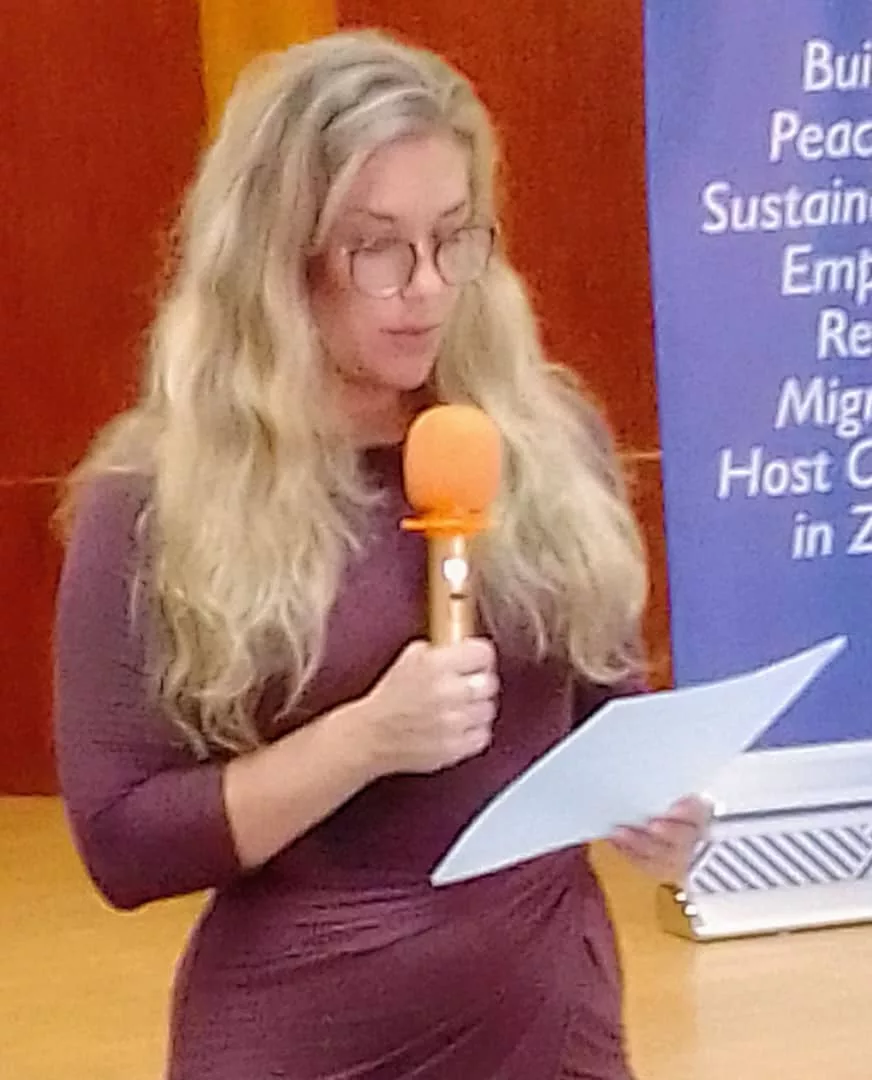|
Getting your Trinity Audio player ready...
|
Writes Clayton Masekesa
The International Organisation for Migration (IOM,) the Zimbabwe government, and other partners have engaged to enhance well-defined standard operation procedures that specifically cater to the needs of vulnerable migrants.
This engagement comes at a time when Zimbabwe is receiving deportees mainly from the United Kingdom, returnees from Botswana, and South Africa, especially those without proper documentation.
Zimbabwe has not been spared from issues of irregular migration resulting in its citizens being returned voluntarily and involuntarily.
In her speech during the official opening of a workshop in Mutare yesterday on the development of Standard Operating Procedures (SOPs) for vulnerable migrants in Zimbabwe under the Korea International Corporation Agency (KOICA) funded project, the IOM Project Coordinator, Emma Henningsson said Zimbabwe must make preparations to receive its citizens and come up with integration strategy in place.
“Reintegration is a crucial process for individuals and communities and there is a need to foster resilience and stability in the face of change, ” said Henningsson.
“IOM is committed to working closely with government as well as partner agencies and civil society in Zimbabwe in strengthening responses to vulnerable migrants and their families,” she said.
Henningsson expressed gratitude to the Government of Korea and KAICA for the support of this initiative that will promote safe, orderly migration and protection of vulnerable migrants in Zimbabwe.
Speaking at the same event, the Chief Director of the Ministry of Public Service, Labour, and Social Welfare, Tawanda Zimhunga, said Zimbabwe has been proactive in addressing issues of migration.
“This is evidenced by the establishment of several legislative frameworks and policies of migration,” he said.
Zimhunga said some of the policies include the enactment of the Trafficking in Persons Act (Chapter 9:25), the National Migration Policy, and has launch of the National Referral Mechanism for vulnerable migrants in Zimbabwe among others.
“Zimbabwe has been a transit, receiving and sending country over the years, accordingly Zimbabwe has not been spared from the impact and effects of irregular migration and other dynamics,” he said.
Zimbabwe has been receiving over 900 returnees monthly from South Africa and Botswana and among the migrants are persons with various vulnerabilities ranging from separated and unaccompanied minors, pregnant women, persons with disabilities, and the chronically ill among other categories.
Zimbabweans have fallen victim to human trafficking in Kuwait and Oman among other countries.
Observers have said this trend has shown issues of circular migration giving a reflection that there is a gap in the country’s reintegration strategy.
The workshop was attended by government ministries that include Home Affairs, Public Service, Labour and Social Welfare, Local Government, Youth, child services organizations, and the media among others. It was aimed at coming up with well-defined standard operation procedures and filling the existing gaps.
The ongoing workshop is expected to come up with actionable policy recommendations and a consensus among all the relevant stakeholders in the development of the SOPs for Zimbabwe.






